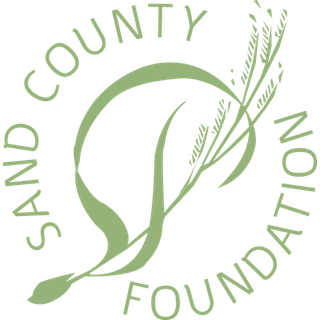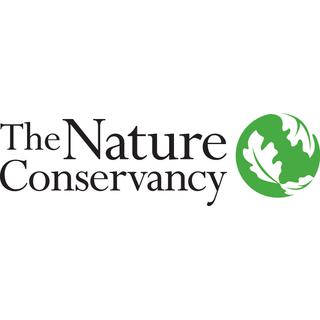Yardley Cattle Company
“Treat the range like a lady,” is just one piece of advice Gilbert Yardley gave his son Steven.
For five generations the Yardleys have embraced a sacred stewardship for the land their livelihood depends on.
Best known for selling high quality beef cattle, the Yardleys know good livestock production begins with conservation practices that benefit the forage upon which their cattle rely.

“If we take care of the range, it will take care of us,” Gilbert said of grasses and shrubs that grow on their fragile desert range.
Gilbert, 87, is the patriarch of the family behind the Yardley Cattle Company, which oversees, assists in, and coordinates in the management of more than 60,000 acres of private and rental property, and adjacent federal land. Just as they do on their own land, the Yardleys work to maintain a thriving ecological balance with range conservationists from Utah State Trust lands, the federal Bureau of Land Management, and U.S. Forest Service.
Their holistic and sustainable approach to range management, also applies to raising cattle and customer relations. In addition to a cow-calf operation, they sell high quality purebred Black Angus, Simmental and Maine Anjou cattle from coast to coast.
“You can do more damage in a year of overgrazing than you can make up for in a lifetime,” is another piece of fatherly advice Steven recalls. As a result, their herd’s size is reduced in seasons of drought. In extreme conditions they keep cattle off pastures to protect the landscape.
The Yardleys see managing natural resources as a science and an art; A science in learning, and an art in applying.
In partnership with others, they’ve rehabilitated thousands of acres of rangelands with controlled burns, removal of Juniper and Pinion trees and invasive brush, and reseeding with native grasses. Their work to stop the spread of Spotted knapweed in Garfield County has nearly eradicated the noxious weed. With the Utah Division of Wildlife Resources, the Yardleys planted water-loving grasses in streambed riparian areas and installed protective fencing to prevent erosion.
By digging several water catchment ponds along a creek, the Yardleys improve water quality downstream by catching silt while providing a water source in otherwise arid locations. Livestock, wildlife, songbirds and amphibians are also provided water in far reaches of the ranch thanks to the development of 12 wells, eight pipelines, and five springs that stand as oases in the desert.
The Yardleys are transitioning from windmills to solar panels to operate the wells. While both are sources of renewable energy, the panels are more reliable and have the ability to push water up pipelines.
As a former state FFA officer who now serves as the Western Rangelands Conservation Association’s vice president, Steven aims to set a high example of what agricultural conservation and animal husbandry can achieve, despite what agriculture’s vocal critics say.
Steven can trace his roots back to when his great-great-grandfather began raising cattle outside of Beaver in 1856, but he takes the most satisfaction in looking forward.
He thinks the most important work that takes place at Yardley Cattle Company is teaching children about the land, the plants on it and the animals that utilize them. It’s his way of passing along his family’s deep, abiding love for the land they ranch on, the water they manage, and their Western way of life.









